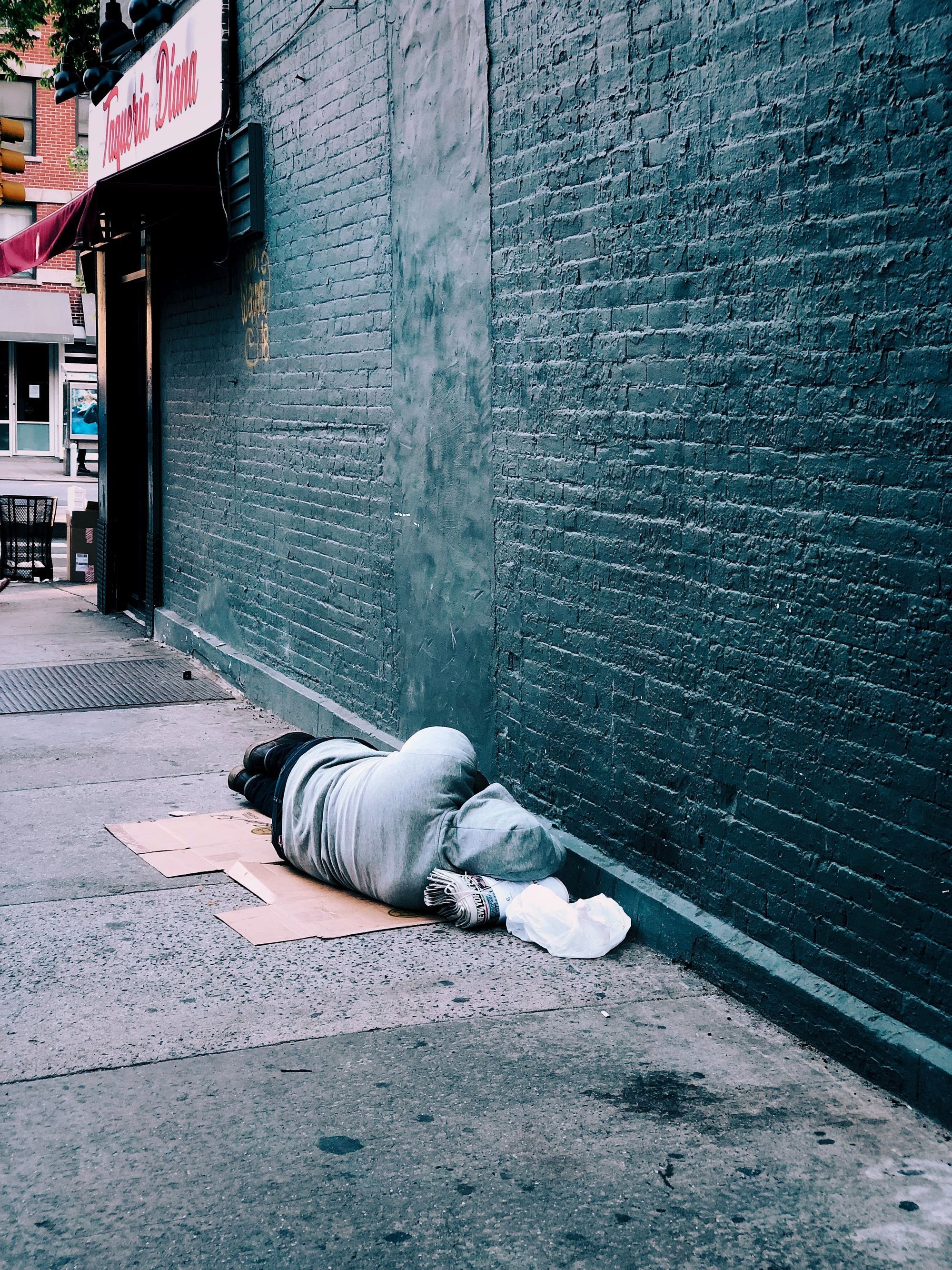A few weeks ago, a local police department posted on social media that they are performing “extra patrols” to deter criminal activity. The post said that they “frequently find people loitering or sleeping at the closed businesses” and that they usually ask the individuals to “move along.” In some cases, they will cite them for trespassing.1 In other words, they treat them like criminals.
I found many of the comments from community members on that post to be cruel and heartbreaking. The assumptions and stereotypes of the homeless are yet another example of how we view ‘others’ as somehow not worthy of human dignity. And we want them out of our view and out of our community.
Nicole Cardoza recently wrote in Anti-Racism Daily: “Like many issues in our society, houselessness is frequently positioned due to an individual’s actions. If you believe stereotypes depicted in media, a person’s addiction, violent tendencies, lack of academic commitment, money mismanagement, etc. led them to lose their homes. But really, the story of houselessness highlights the failings of a system, not its people.”2
Blaming the unhoused rather than the system doesn’t provide a solution.
Although we do have a few shelters locally, lack of transportation, limited space, and restrictive requirements to be admitted make local shelters unavailable for some of our unhoused. And if a shelter isn’t an option for them, where are they to go? Telling them to move along or writing them a ticket for trespassing doesn’t address the underlying problem of poverty and houselessness.
According to the U.S. Department of Housing and Urban Development, in January 2020, nearly 23,000 Washingtonians were homeless. More than a third of those were families with children or unaccompanied youth. In Benton and Franklin Counties, there were 190 homeless individuals, with 32 of those considered chronically homeless. And these numbers were from before the pandemic.
Using law enforcement as a way to manage the houseless is expensive. A 2014 study in Central Florida found that each chronically homeless person cost the community $31,000 per year, primarily due to the cost of arresting and transporting them for nonviolent offenses, jails, emergency room visits, and hospitalization. The cost to provide permanent housing and case managers to address their chronic problems was estimated at only $10,000 per year.3
Providing a solution rather than criminalizing homelessness makes economic sense.
Recognizing the need, there are some local and state initiatives underway to help the unhoused. The Kennewick Housing Authority is building a community of tiny homes that will provide housing for families, veterans, and people with disabilities. Resources, including a case manager and access to employment services, will help the homeless become independent.4 And at least five bills have been introduced in the Washington State legislature for various initiatives to combat houselessness. That’s encouraging.
Expanding the resources to house those in need and providing access to services to allow them to find permanent housing and independence is the right thing to do, both economically and because every human being deserves adequate food and shelter.
Blaming the homeless for an inadequate system isn’t a solution.
If you are struggling with houselessness in Benton or Franklin County, there are resources available to you at the Benton Franklin Health District Building, 7102 W Okanogan Place in Kennewick, 509-737-3946.
Kennewick Police Department Facebook post, March 30, 2021: https://www.facebook.com/Kennewickpolice/posts/3940895632644089
Anti-Racism Daily, April 1, 2021: “Protect the Unhoused Community.”
Orlando Sentinel, May 21, 2014: “Cost of homelessness in Central Florida? $31K per person.”
Tri-City Herald, January 4, 2021, “3.8M tiny house project will give Tri-Cities homeless a place of their own”


